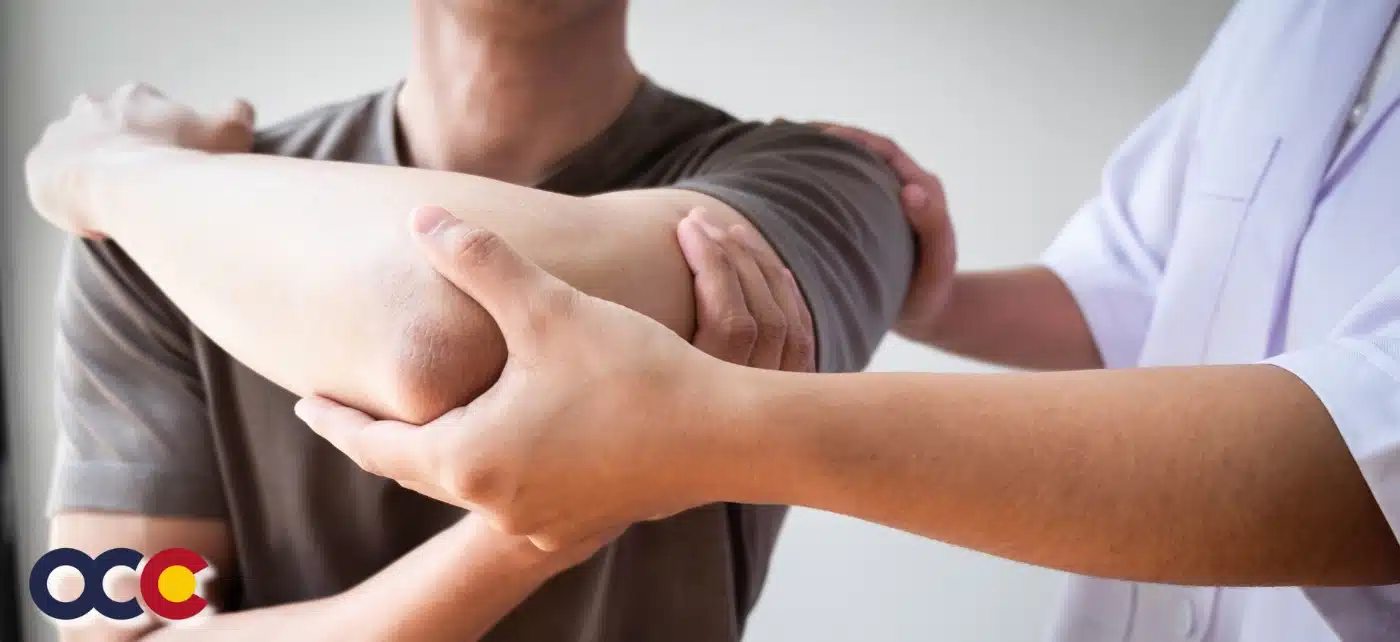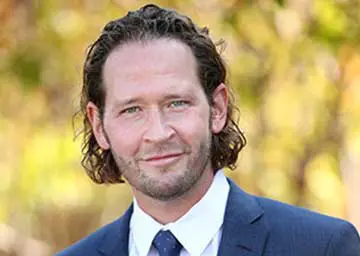Top tips from a working mom, a caretaker, an elite athlete and a retiree who’ve been there, done that.
A rotator cuff tear is a common repetitive motion injury, caused by occupational and recreational activities, and can also occur more often as we age. They can also occur with a specific traumatic event. According to the American Academy of Orthopaedic Surgeons, nearly 2 million people experience pain or limited range of motion due to rotator cuff problems each year. And while not all tears need surgery, full, or complete, rotator cuff tears, often defined as anything more than 90 percent torn, are almost always surgically repaired.
Orthopedic surgeons can provide great perspective on who is a good candidate for surgery, common outcomes and what to expect from the procedure. “Rotator cuff surgery is less invasive than many other surgeries and most patients with full rotator cuff tears experience a tremendous improvement in range of motion and a reduction in pain after surgery,” says surgeon Dr. James Ferrari.
“But surgery is not a silver bullet, and patients must be informed and committed to their rehabilitation to maximize a positive outcome,” Dr. Ferrari notes. “Every rotator cuff repair I do is different. Although you can learn from others’ experience, you cannot compare your personal outcome with anyone else. Long recovery and moving too much too soon can be more harmful than helpful.”
If you’ve already been diagnosed with a full or significant rotator cuff tear, and are considering or preparing for surgery, being prepared is one of the best things you can do for yourself.
“Preparation will help you to make an informed decision, arrange for the resources and support you may need post-surgery, and put yourself in the best position for a speedy and smooth recovery, ” notes Cary Motz, M.D.
Real patients who have recovered from rotator cuff surgery are an invaluable source of first-hand advice – for both patients and their caretakers. No matter how you describe your lifestyle, tips from four real patients can help you plan for the best possible outcome:
The Athlete: Tommy K. The longtime multi-sport athlete has had surgery before, but he says his shoulder procedure was the best result he’s had, due in great part to his commitment before and after surgery. His advice:
- Follow your surgeon’s post-operative protocol to the letter. Even when I felt that I was being too conservative with movements or not pushing hard enough with resistance/weight, I resisted the urge to go beyond the limits that the surgeon set, and it kept me on track.
- At the same time, it’s great to work towards a goal. I had a kiteboarding trip in the Outer Banks, planned for September (8 months post-surgery) and I wanted to be in great shape. Continuously thinking about this trip did two things to help my recovery. 1) It kept me working hard in PT and then later in the gym once I was released by the surgeon 2) It kept me from doing something stupid, like pushing too hard too soon and potentially setting myself back.
The Working Mom: Sarah H. An active mom of two, tennis player and dedicated Orange Theory Fitness member, this busy bond trader is up before the sun every day and at work before the markets open on the east coast. Her tips for planning ahead and the right equipment were key to a speedy recovery:
- Your surgeon will recommend a special ice machine that circulates ice water through a shoulder sleeve. There may be a small expense to buy the machine but it’s worth it. Plan ahead and buy one. The machine is so much better than an ice pack because it stays cold and in place on your shoulder. It helps to reduces pain and swelling. Using the ice machine regularly meant less pain (and fewer pain killers) after surgery. It helped me rest more comfortably and made it easier to start physical therapy.
- You’ll be asked to wear a supportive sling for several weeks, and it’s not always easy to comply. It restricts your range of motion and is tempting to take it off when you start to feel better. But it protects you more than you realize – and can even help you avoid re-injury while you’re healing. The sling helped me in two ways: It provided physical support to allow my shoulder to heal; and provided a visual reminder to myself – and others – that I was in fact, still healing. It limited my tendency to try to use my arm too much too soon and minimized the chance of reinjury from an unexpected strain, such as my daughter jumping into my arms unexpectedly, or a good intentioned nudge on the shoulder from a colleague or friend.
The Retiree: Marilyn J. A retiree with an active lifestyle, Marilyn is very active in the local community, and enjoys hosting events for neighbors and friends. She went into surgery while in the middle of preparing to sell her house! Her tips for tackling it all and the commitments she made that helped her get back to painting and moving only two months after surgery.
- Build strength before your surgery. No matter your fitness level, any improvement in your strength and fitness pre-surgery will contribute to a faster and better recovery. Give yourself some time prior to the procedure to improve your strength in complementary muscle groups and consult your doctor about other changes you can make to improve your overall health before your surgery day.
- Be committed to physical therapy. Your doctor will tell you when you are ready for physical therapy, but you may be asked to start a home exercise program almost immediately– be ready to get moving and take the process seriously. Even in retirement, it’s easy to cite a busy schedule as an excuse not to go to PT. Find a physical therapy location that is easy to work with, easy to get to and can accommodate your personal schedule.
The Caretaker: Kamee W. A busy professional, mom and wife, Kamee had the task of taking care of her usually active husband as he recovered from rotator cuff surgery. And while they planned ahead with many of these tips, managing work and family life with one less person to help makes a big difference. Her tips for the caretaker:
- Plan for more than just caretaking. Don’t underestimate the effect that the surgery will have on the caretaker. It’s so much more than meeting the patient’s needs for support and comfort, it affects everything you might have done as a team prior to the procedure: driving, household chores, family activities, cooking and more. You can do some things in advance, like cooking and freezing meals before surgery.
- Enlist help. For all those things that can’t be done ahead of time, ask for help! Hire a neighborhood teen to do regular household tasks like mow the lawn or walk the dog; share the pick-up and drop off schedule with family and friends— that goes for kids and for patient appointments; and splurge on grocery delivery for a few weeks. Using extra help and short cuts can add up and making the difference of keeping your sanity or feeling extremely overwhelmed.
Scheduling surgery is a big decision but with the right preparation and planning, you can have a smooth and positive outcome. Need a diagnosis or ready to consider surgery? Schedule an appointment with one of our shoulder surgeons.
















